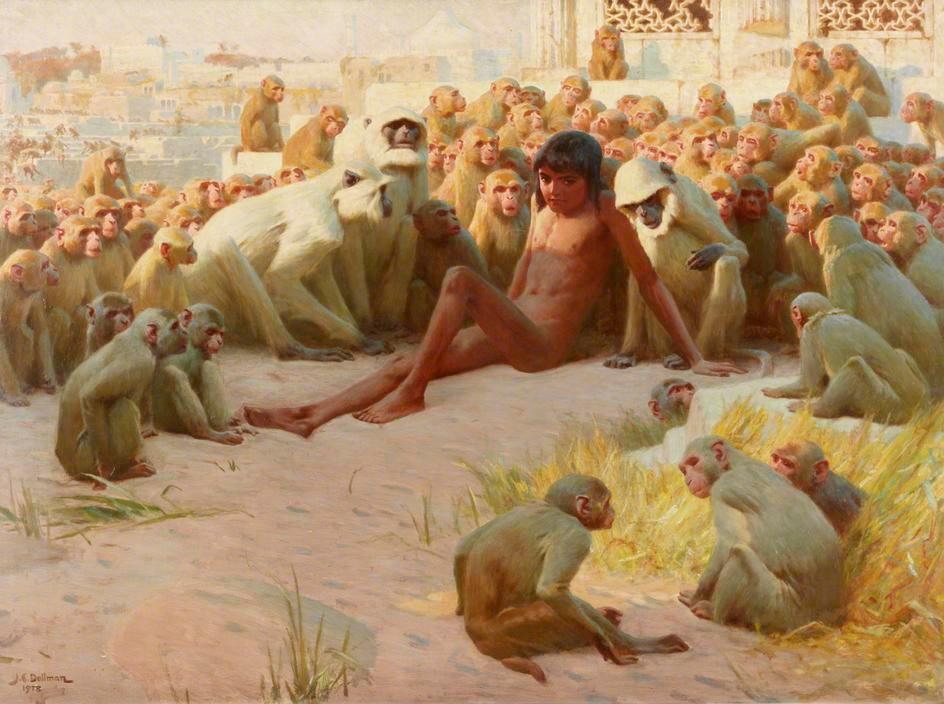So long as there are lovers in the world, there will be poetry. In fact, it might be argued that if lovers do not produce poetry, they are not really in love. And it is absolutely the case that poetry rejoices even in the earnest, ham-fisted poems written by smitten folks who are not gifted poets. One need not be Bill Shakespeare to write a sonnet of true love and true importance or a “woeful ballad to his mistress’s eyebrow.”
As G.K. Chesterton, a fine poet himself, wrote in his famous vein of anything worth doing is worth doing badly, “It is too often forgotten that just as a bad man is nevertheless a man, so a bad poet is nevertheless a poet.” There is nothing wrong with poetry that is born of love alone, for there is profound reason why the word “amateur” is rooted in the Latin word for love.





